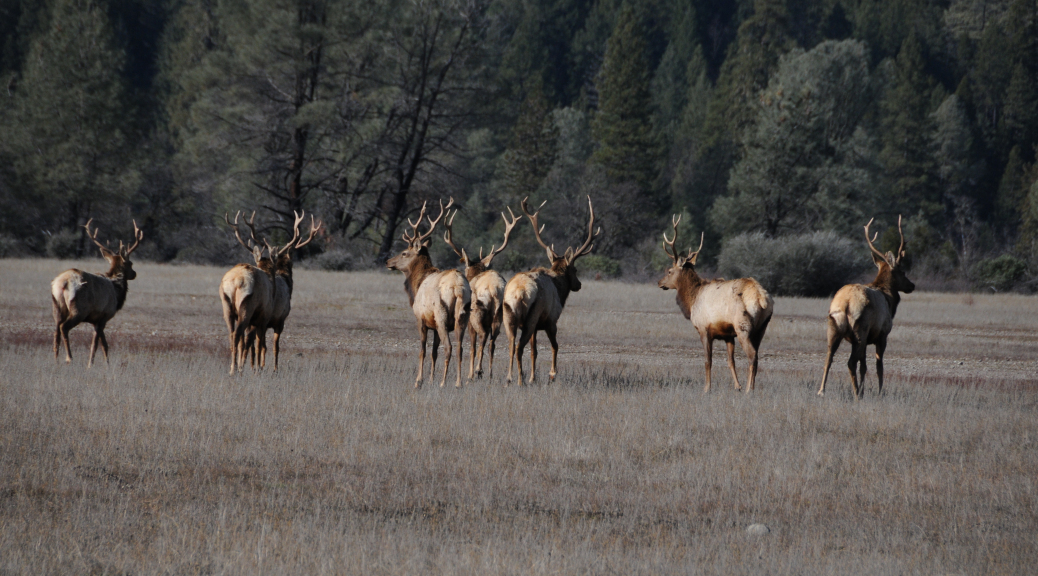WY Game And Fish Department Raffle Off Hunting Gear To Fight Brucellosis
unique method to fight brucellosis in the state’s elk herds.
Brucellosis is a bacterial disease that causes animals to abort fetuses. It primarily affects Rocky Mountain elk and bison found in northwestern Wyoming and adjacent areas in Montana and Idaho.
 Each year, the WGF monitors brucellosis within the state’s elk populations by requesting hunters collect blood samples from their harvested animal. Observation of the herds do not show indications of the disease, which is why blood samples are necessary. Approximately 11,000 blood collection kits are mailed to hunters who have limited quota elk licenses within the target surveillance areas. Over the past five years, an average of 32 percent of those hunters receiving the blood collection kits actually returned a sample from their harvested animal. Only 60 percent of those returned were usable for data collection.
Each year, the WGF monitors brucellosis within the state’s elk populations by requesting hunters collect blood samples from their harvested animal. Observation of the herds do not show indications of the disease, which is why blood samples are necessary. Approximately 11,000 blood collection kits are mailed to hunters who have limited quota elk licenses within the target surveillance areas. Over the past five years, an average of 32 percent of those hunters receiving the blood collection kits actually returned a sample from their harvested animal. Only 60 percent of those returned were usable for data collection.
In an effort to recognize hunter’s contributions to brucellosis monitoring and encourage more participation in this program, WGF is partnering with a number of organizations and companies to hold a raffle for hunting gear.  Hunters will be entered into the raffle by returning a useable blood sample and a completed data card from the blood kit that they received.  Hunters who successfully draw multiple tags and receive multiple kits will be entered for each kit returned.
The collection effort is important as brucellosis is on the rise in Wyoming.  The disease can be spread to livestock as well as humans.
“The Livestock Board and the Game and Fish have a very positive working relationship on teaming up to try to prevent cattle and elk from commingling,” said Dr. Thach Winslow, Wyoming assistant state field veterinarian. “We have a huge vested interest in elk and brucellosis management.”
Though transmission to humans is extremely rare, the highest risk of contracting brucellosis is while field dressing an elk. Last year, a single hunter in the Dubois area was diagnosed with brucellosis. The hunter was infected during the 2016 hunting season, but it took until 2017 to identify the disease. Brucellosis manifests itself in flu-like symptoms. If untreated, the bacterial infection can move to the lymphatic system and become debilitating.

